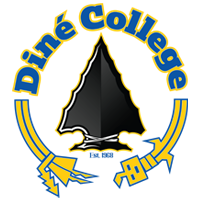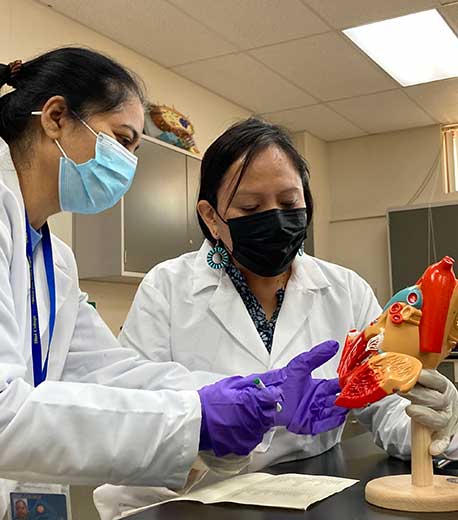Biology (A.S.)
Students selecting Biology will complete a broad program in biological and related physical sciences. They will be prepared to pursue employment or further studies in fields such as zoology, botany, microbiology, ecology, wildlife biology, molecular biology, biotechnology, as well as many other fields of biology according to their interests.
| General Education Core | Credits |
|---|---|
| Communications ENG 101: Freshman English I ENG 102: Freshman English II |
6 |
| Humanities and Fine Arts Students must choose two courses from: Art History (ARH) English (ENG) 212, 213, 231, 233, 234, 241, 297 Fine Arts (FA) Humanities (HUM) Theater (THR) 101, 102 |
6 |
| Mathematics Student must take appropriate course based on major. MTH 110: College Algebra MTH 114: College Mathematics MTH 106: Survey on College Mathematics |
3-4 |
| Social and Behavioral Science Students must choose one History (HST) 101, 102, 135, 136 course and one other course from: Anthropology (ANT) Sociology (SOC) Social Work (SWO) Social Science (SSC) Political Science (POS) Economics (ECO) Psychology (PSY) |
6 |
| Laboratory Science Students must choose one Life Science and one Physical Science course both with labs from: Life Science: BIO Physical Science: AGR, AST, CHM, ENV, GLG, PHY, PHS |
8 |
| Physical Education and Health Education PEH 122 PEH 113-148 Health Education (HEE) HEE 110, 111, 112 |
2-3 |
| Navajo Studies One Navajo Language Course Based on Placement Test (NAV 101, 102, 201, 202, or 211) NIS 111: Foundations of Navajo Culture and NIS 221: Navajo History to Present 9-10 |
2-3 |
| Required Core Total Students transferring may need to take additional courses to meet core requirements. | 40-43 |
| Program Requirements | Credits |
|---|---|
| BIO 181 General Biology I BIO 182 General Biology II |
8 |
| Choice of one pair from (Pre-professional students are advised to take) CHM 151 General Chemistry I CHM 152 General Chemistry II or CHM 130 Fundamental Chemistry CHM 230 Fundamental Organic Chemistry |
8-10 |
| Choice of one from: MTH 190 Pre-Calculus or MTH 213/PSY 213 Statistics |
4 |
| Biology Electives BIO 184 Plant Biology or higher above |
8 |
| Program Credits | 28-30 |
| Degree Earned | Credits |
|---|---|
| General Education | 40-43 |
| Program Requirements | 28-30 |
| Total Credits Earned: | 68-73 |
| Program Classification of Instructional Program (CIP) Code Code Title |
|---|
| 26.0101 Biology/Biological Sciences, General. |
DEAN'S OFFICE
James Tutt
Dean of School of STEM
1 Circle Drive, Route 12
Tsaile, Arizona 86556
(928) 724-6938
jmtutt@dinecollege.edu
Nesbah Kahn
Administrative Assistant
nkahn@dinecollege.edu
Room 123A
Gorman Classroom Building (GCB)
Tsaile Campus
Mail to:
Diné College: School of Science, Technology, Engineering & Math
1 Circle Dr.
Tsaile, AZ 86556
Phone:
(928) 724-6936

